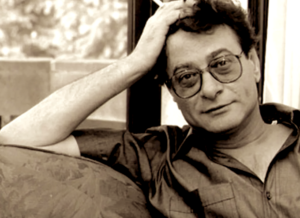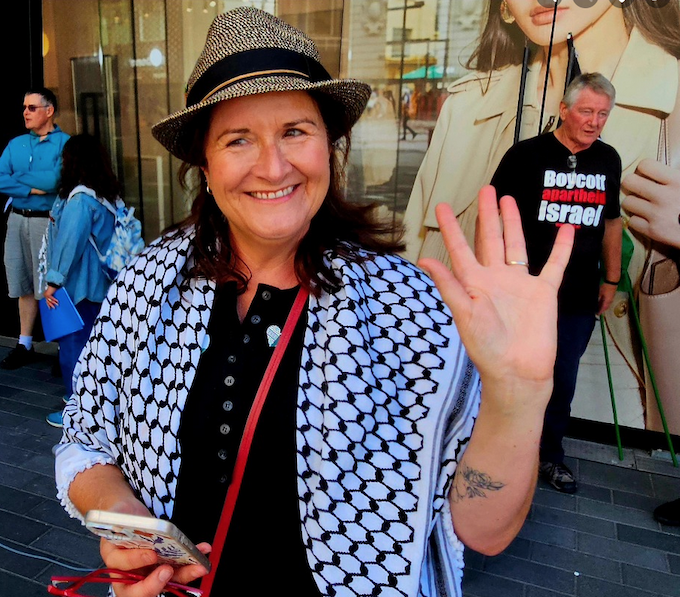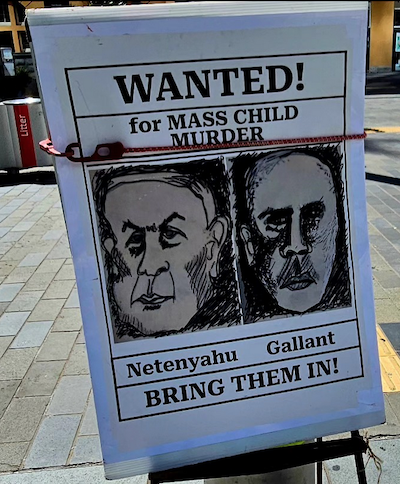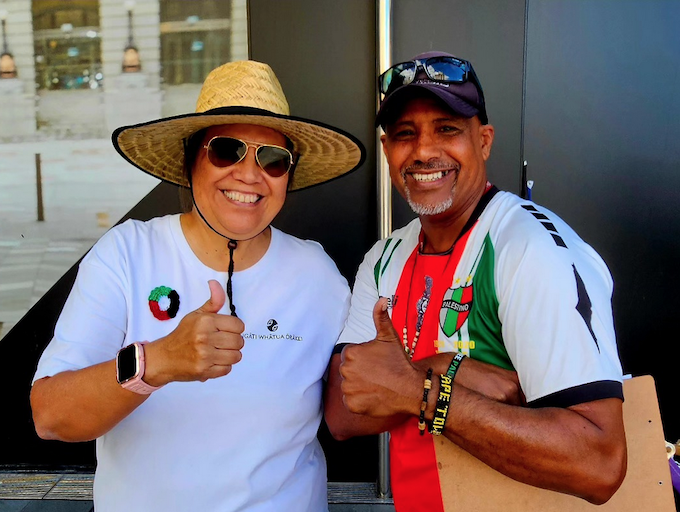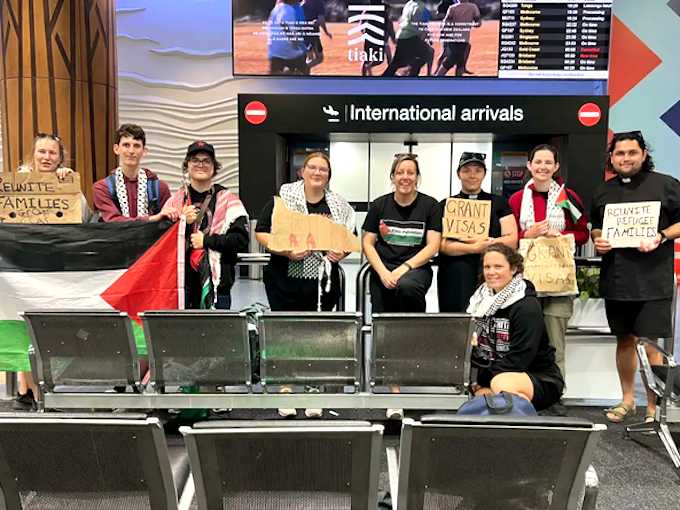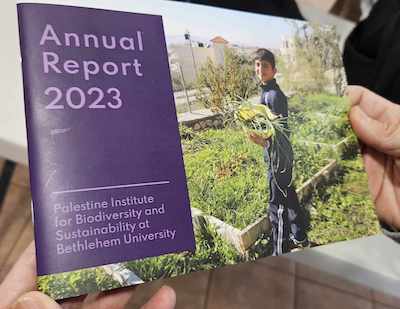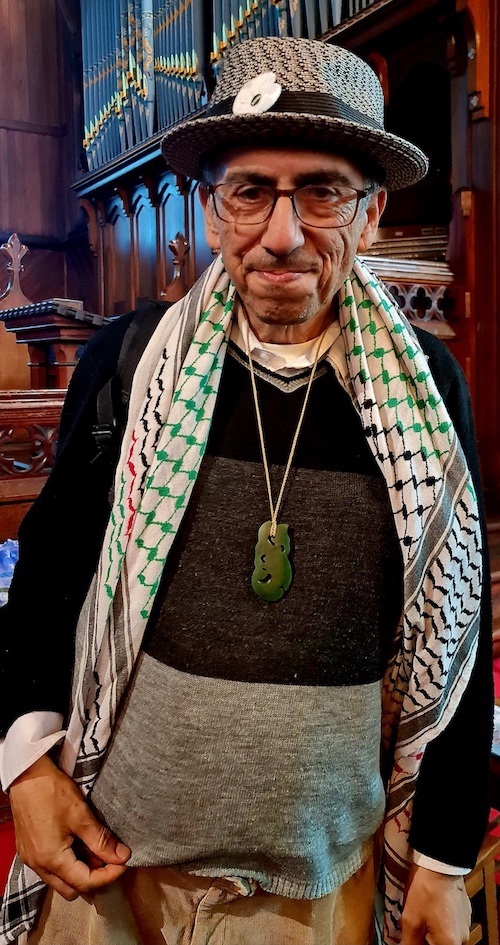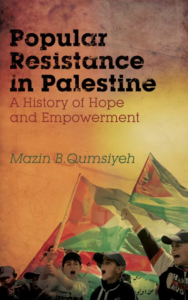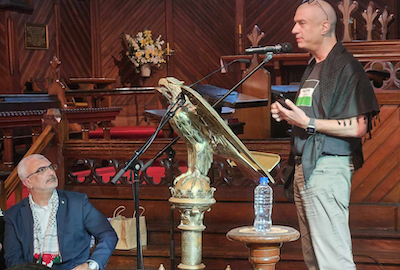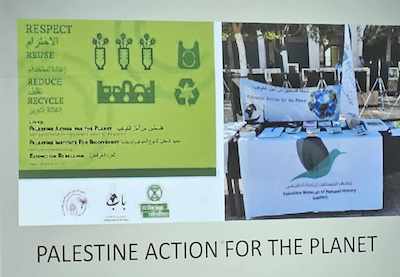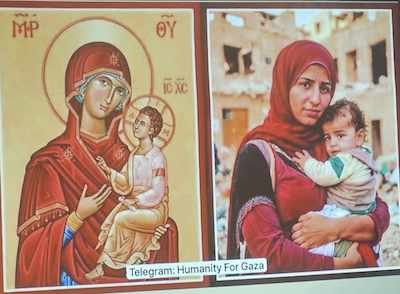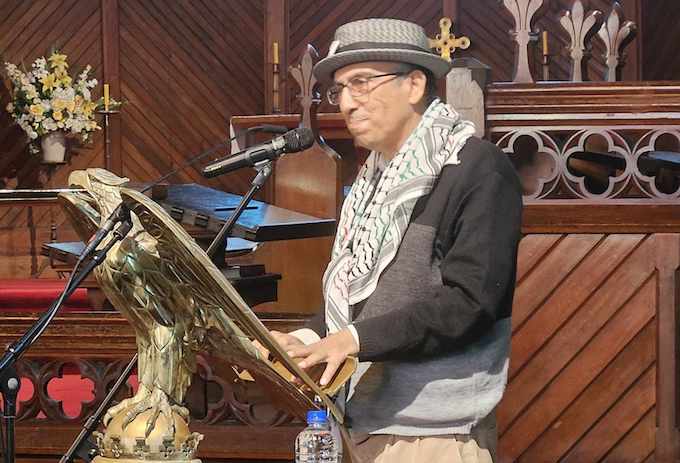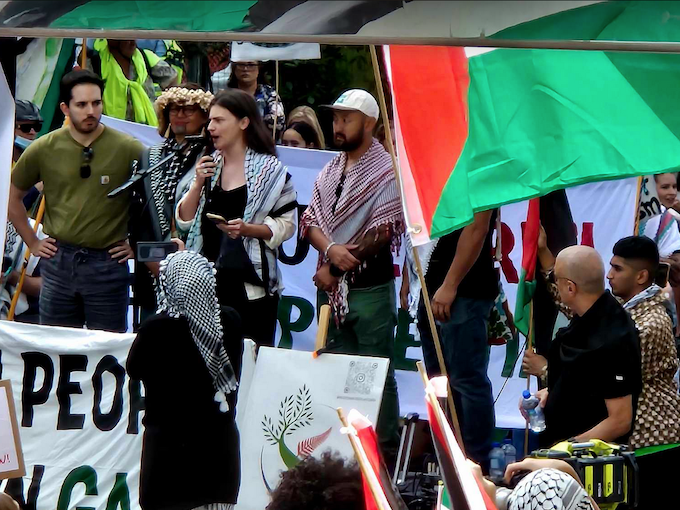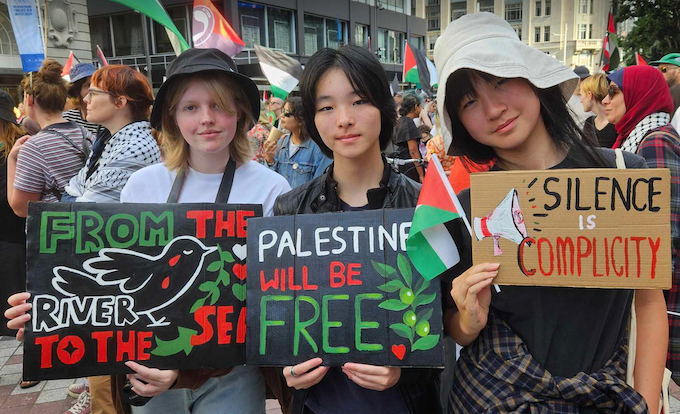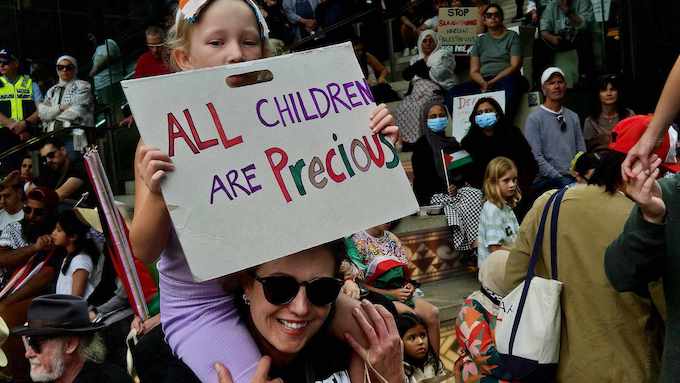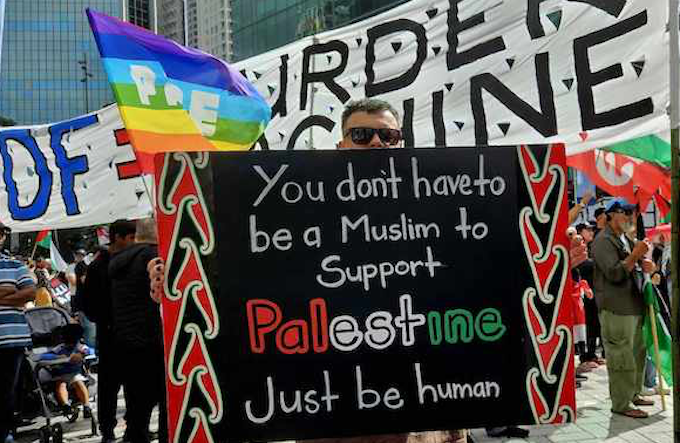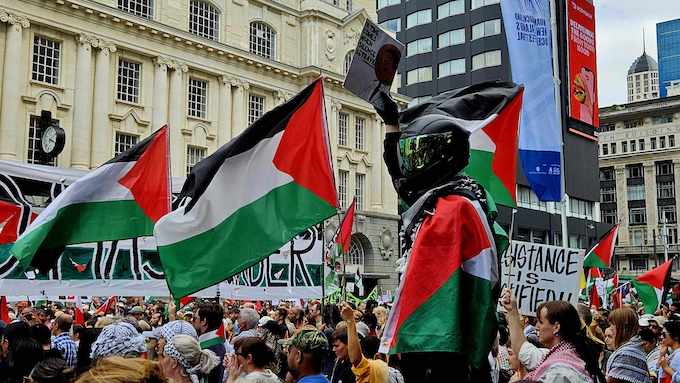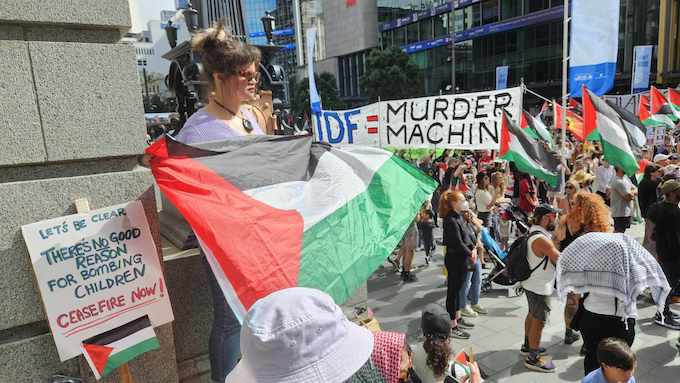A forthcoming new edition of David Robie’s Eyes of Fire honours the ship’s final mission and the resilience of those affected by decades of radioactive fallout.
PACIFIC MORNINGS: By Aui’a Vaimaila Leatinu’u
The Greenpeace flagship Rainbow Warrior III ship returns to Aotearoa this July, 40 years after the bombing of the original campaign ship, with a new edition of its landmark eyewitness account.
On 10 July 1985, two underwater bombs planted by French secret agents destroyed the Rainbow Warrior at Marsden Wharf in Auckland, killing Portuguese-born Greenpeace photographer Fernando Pereira and sparking global outrage.
The Rainbow Warrior was protesting nuclear weapons testing in the Pacific, specifically targeting French atmospheric and underground nuclear tests at Moruroa and Fangataufa atolls.
The vessel drew international attention to the environmental devastation and human suffering caused by decades of radioactive fallout.
The 40th anniversary commemorations include a new edition of Eyes of Fire: The Last Voyage of the Rainbow Warrior by journalist David Robie, who was on board the ship during its historic mission in the Marshall Islands.
The Rainbow Warrior’s final voyage, Operation Exodus, helped evacuate the people of Rongelap after years of US nuclear fallout made their island uninhabitable.
The vessel arrived at Rongelap Atoll on 15 May 1985.
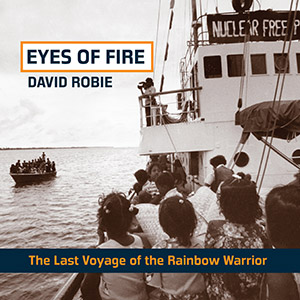
Dr Robie, who joined the Rainbow Warrior in Hawai‘i as a journalist at the end of April 1985, says the mission was unlike any other.
“The fact that this was a humanitarian voyage, quite different in many ways from many of the earlier protest voyages by Greenpeace, to help the people of Rongelap in the Marshall Islands . . . it was going to be quite momentous,” Dr Robie says.
“A lot of people in the Marshall Islands suffered from those tests. Rongelap particularly wanted to move to a safer location. It is an incredible thing to do for an island community where the land is so much part of their existence, their spirituality and their ethos.”

He says the biggest tragedy of the bombing was the death of Pereira.
“He will never be forgotten and it was a miracle that night that more people were not killed in the bombing attack by French state terrorists.
“What the French secret agents were doing was outright terrorism, bombing a peaceful environmental ship under the cover of their government. It was an outrage”.
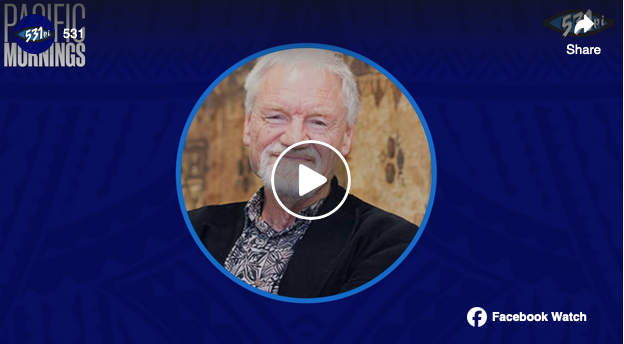
Russel Norman, executive director of Greenpeace Aotearoa, calls the 40th anniversary “a pivotal moment” in the global environmental struggle.
“Climate change, ecosystem collapse, and accelerating species extinction pose an existential threat,” Dr Norman says.
“As we remember the bombing and the murder of our crew member, Fernando Pereira, it’s important to remember why the French government was compelled to commit such a cowardly act of violence.
“Our ship was targeted because Greenpeace and the campaign to stop nuclear weapons testing in the Pacific were so effective. We posed a very real threat to the French Government’s military programme and colonial power.”
As the only New Zealand journalist on board, Dr Robie documented the trauma of nuclear testing and the resilience of the Rongelapese people. He recalls their arrival in the village, where the locals dismantled their homes over three days.
“The only part that was left on the island was the church, the stone, white stone church. Everything else was disassembled and taken on the Rainbow Warrior for four voyages. I remember one older woman sitting on the deck among the remnants of their homes.”
Robie also recalls the inspiring impact of the ship’s banner for the region reading: “Nuclear Free Pacific”.
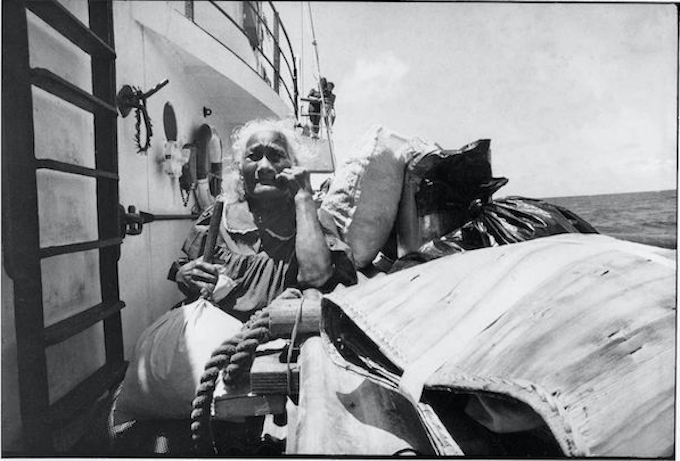
“That stands out because this was a humanitarian mission but it was for the whole region. It’s the whole of the Pacific, helping Pacific people but also standing up against the nuclear powers, US and France in particular, who carried out so many tests in the Pacific.”
Originally released in 1986, Eyes of Fire chronicled the relocation effort and the ship’s final weeks before the bombing. Robie says the new edition draws parallels between nuclear colonialism then and climate injustice now.
“This whole renewal of climate denialism, refusal by major states to realise that the solutions are incredibly urgent, and the United States up until recently was an important part of that whole process about facing up to the climate crisis.
Nuclear Exodus: The Rongelap Evacuation. Video: In association with TVNZ
“It’s even more important now for activism, and also for the smaller countries that are reasonably progressive, to take the lead. It looks at what’s happened in the last 10 years since the previous edition we did, and then a number of the people who were involved then.
“I hope the book helps to inspire others, especially younger people, to get out there and really take action. The future is in your hands.”
Aui’a Vaimaila Leatinu’u is a multimedia journalist at Pacific Media Network. Republished with permission.
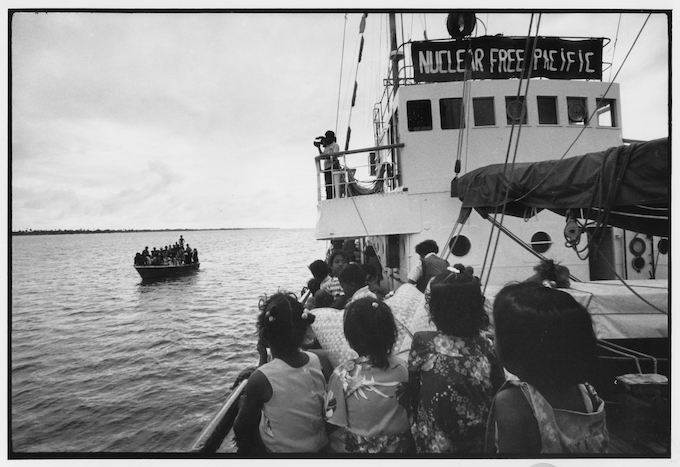
This content originally appeared on Asia Pacific Report and was authored by APR editor.
